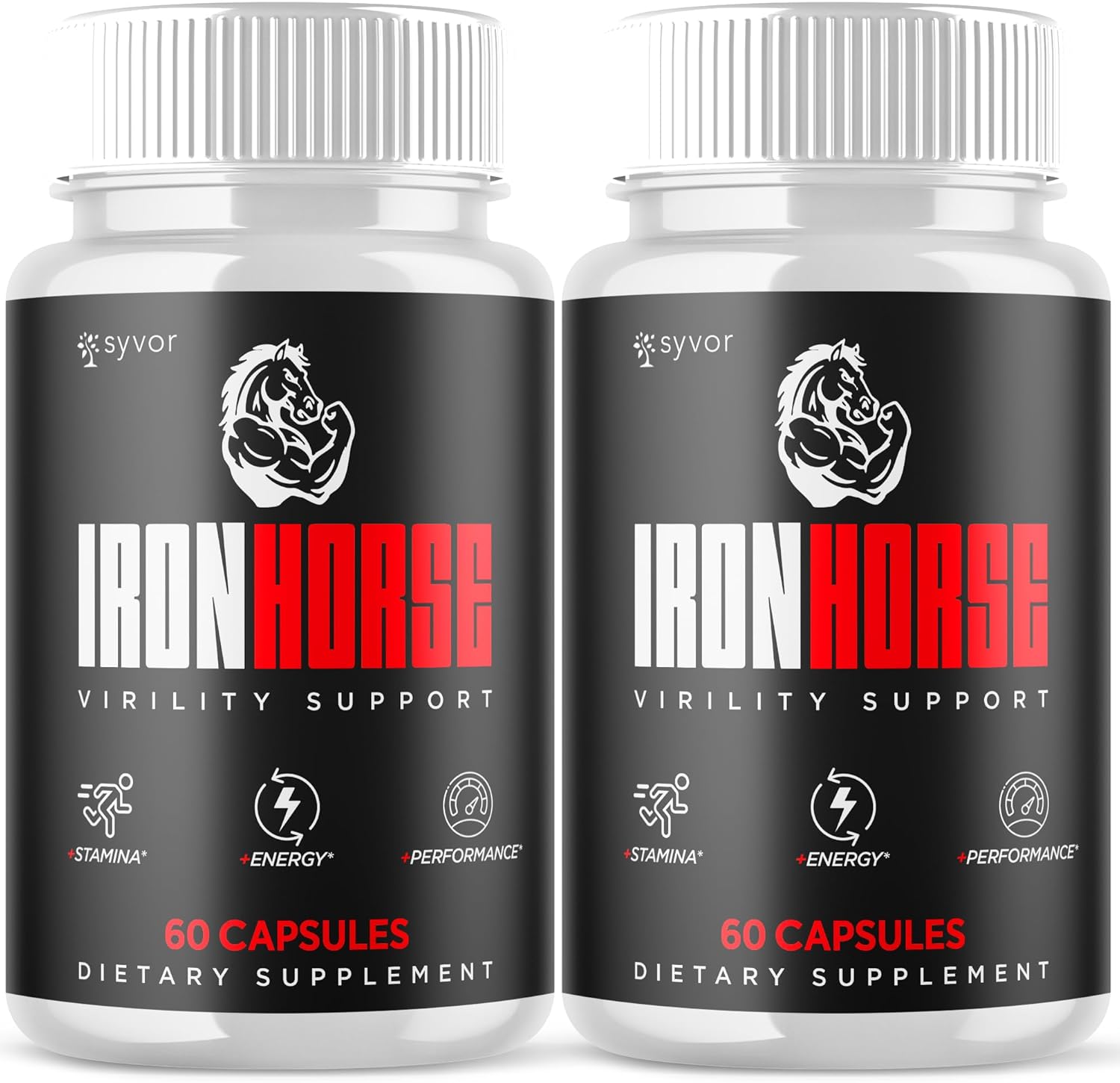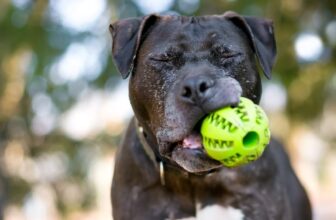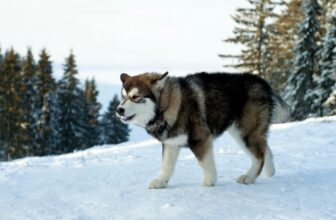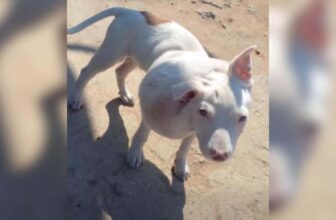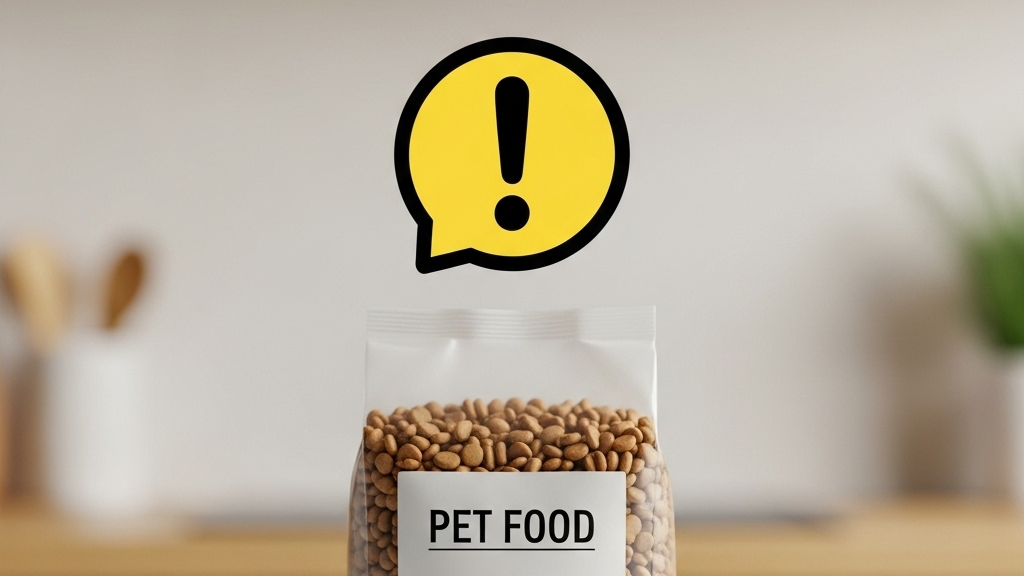
Check out our latest products
Pet parents want to provide their dogs and cats with the best nutrition possible. However, even the most trusted pet food brands can sometimes encounter safety issues that lead to recalls. Understanding how food recalls work and why it’s important to check for them regularly can help protect your beloved companions from serious health risks.
Why Pet Food Recalls Happen
Pet food recalls occur when products may be unsafe for animals to eat. Common reasons include contamination with harmful bacteria like Salmonella or E. coli, the presence of toxic substances, or manufacturing errors that create health hazards. Sometimes recalls happen because the food lacks proper nutrients or contains too much of certain vitamins or minerals.
Recent examples show how serious these issues can be. In November 2023, the FDA and CDC investigated multiple pet food brands made by Mid America Pet Food due to Salmonella contamination. This led to a major recall of all their products with best-by dates before October 31, 2024.
How the Recall System Works
When a safety issue is discovered, either the manufacturer voluntarily recalls the product or government agencies like the FDA require a recall. The information then gets shared through official channels, including the FDA’s website, veterinary networks, and pet industry publications.
Recalls are typically classified by severity level. Class I recalls involve products that could cause serious health problems or death. Class II recalls are for products that might cause temporary health issues. Class III recalls are for products that are unlikely to cause health problems but still don’t meet safety standards.
How to Stay Informed
Make checking for recalls part of your routine pet care. Visit the FDA’s pet food recall webpage monthly or sign up for email alerts. Many pet food manufacturers also offer recall notifications through their websites or social media pages.
When you buy pet food, keep the packaging and receipt. Take a photo of the lot number and expiration date. This information is crucial if a recall affects your pet’s food.
What to Do During a Recall
If your pet’s food is recalled, stop feeding it immediately. Don’t throw it away – store it safely for possible testing. Contact your veterinarian right away, especially if your pet has shown any signs of illness like vomiting, diarrhea, or unusual behavior.
You can usually return recalled products to the store for a refund or exchange, even without a receipt.
Staying informed about pet food recalls is a simple but vital part of responsible pet ownership. Regular checking takes just a few minutes but can prevent serious health problems for your furry family members. Remember, if you ever have concerns about your pet’s food or health, always consult with your veterinarian for professional guidance.



![[PETHROOM] Cat Nail Clipper Trimmer for Indoor Cats with Circular Cut Hole (2mm) | Premium Sturdy Stainless Steel Blade Cat Claw | Safe, Easy, Accurate, Quiet & Fast | Avoid Overcutting](https://m.media-amazon.com/images/I/6156hi88deL._AC_SL1298_.jpg)
![[PETHROOM] Professional Eye Comb for Pets | Stainless Steel Tear Stain Remover for Cats & Dogs | Gentle Round-Head Grooming Tool | Compact & Portable for Eye Gunk Removal](https://m.media-amazon.com/images/I/71+W758uwXL._SL1500_.jpg)



